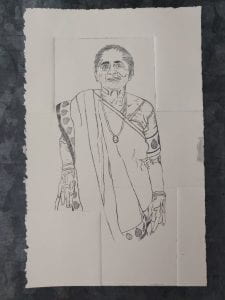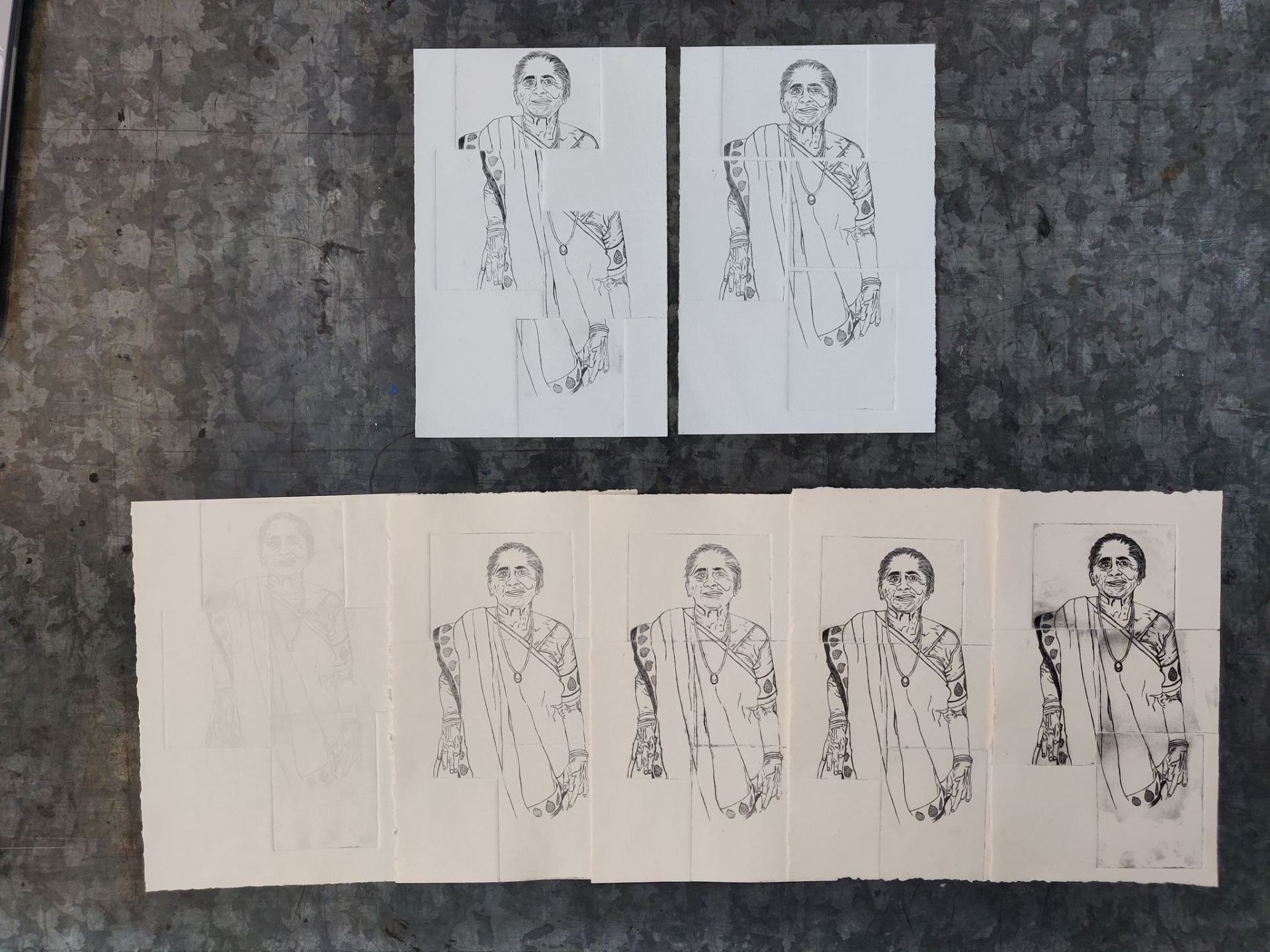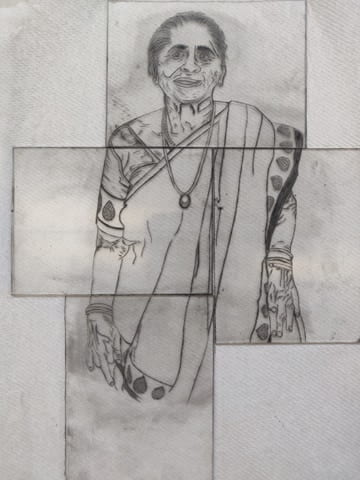Memory
Memory = Identity
John Locke is one of many philosphers, authors, and scientists who have related one’s memory to their identity. Speaking very objectively we are defined by our memories and what we make of them. Locke explains that memory consists of two perceptions: “a present perception and a belief about that present perception”. Others discuss the importance and role of impressions on perception and therefore memory. These discussions back and forth got me interested in this idea of one’s memory being one’s identity. Therefore, I have decided to focus on long term memory, as it holds the most ‘weight’ in one’s identity. Long-term memory is broken into subcategories, which boil down to explicit and implicit memories. Our explicit memories are the ones that tend to be impacted more than our implicit memories with age, so I have focused on this type of memory.
Semantic Memory:
Semantic memories are those of facts and concepts we learn over time. These memories are typically accurate when recalled, but tend to decline or fade with age. I have chosen to portray this type of memory, while showing memory’s connection to identity through a gradual fading of the subject below.
Episodic Memory:
Episodic memories are those of events or experiences that are more prominent in one’s mind than others, such as flashbulb memories. These types of memories are clear, however they may not always be accurate when recalled. We tend to misplace details when recalling such memories, despite having the overall ideas of what had happened. I have portrayed this two ways, again using the same imagery, but broken up and shifted. All the pieces of the subject are present, but they don’t line up perfectly or paint a clear picture.









